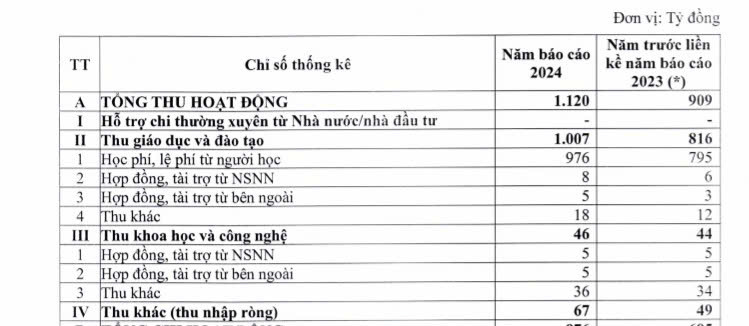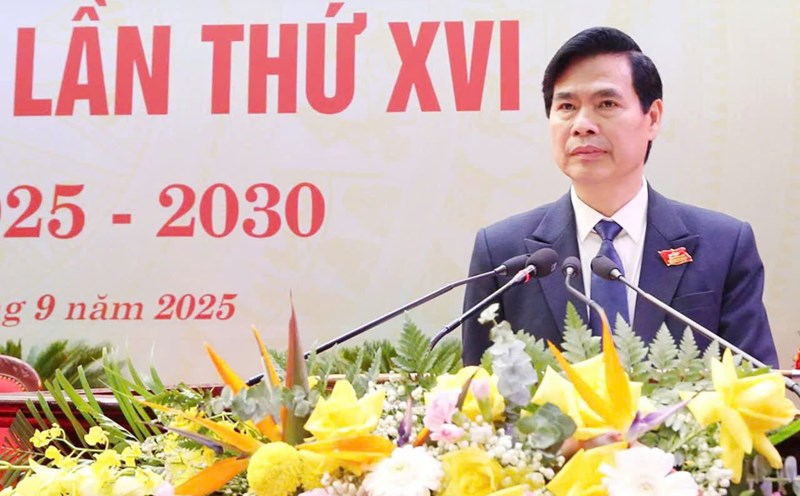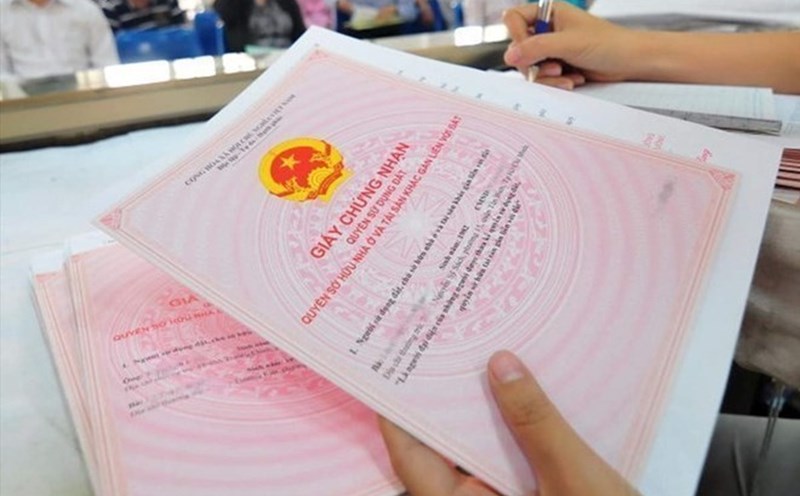According to the 2024 financial disclosure report, many universities recorded revenue exceeding the 1,000 billion VND mark. However, the revenue structure shows that most of it still depends on education and training activities, mainly tuition fees.
For example, Ho Chi Minh City University of Medicine and Pharmacy has a revenue of VND 1,100 billion, tuition alone accounts for VND 821 billion, and revenue from research and technology transfer is only VND 105 billion.
The University of Technology (Vietnam National University, Ho Chi Minh City) has achieved a total revenue of more than VND 1,184 billion, of which tuition fees account for VND 873 billion, and VND 126.5 billion is collected from scientific research and technology transfer. Ton Duc Thang University collects more than 1,224 billion VND, tuition fees account for 1,072 billion VND, while the revenue from scientific research is only 44.8 billion VND.
The same situation also occurs at Ho Chi Minh City University of Technical Education (total revenue is VND1,120 billion, of which tuition fees account for VND976 billion, revenue from science and technology is VND46 billion),...

Dr. Hoang Ngoc Vinh - former Director of the Department of Vocational Education (Ministry of Education and Training) - pointed out that the current revenue of universities is still mainly based on tuition fees, while the revenue from scientific research and technology transfer is only very low. This reflects a reality of disorientation in development strategies.
He analyzed that the policy of considering the appointment and conferring of professorship is still leaning towards the number of publications, articles, and books, while applied research activities - which are associated with business needs - have not been properly encouraged.
In addition, most Vietnamese enterprises are small and medium-sized, with limited technology capacity, so the need for cooperation with universities is still low.
According to Dr. Vinh, instead of waiting inactively, schools must proactively " knock on the door" of businesses, accompanying in solving practical problems. To encourage, the State needs to play the role of " stepping agency", having an initial financial support mechanism to reduce risks for the research group.
In addition, university financial management must also be transparent, have a clear plan for investment in laboratories, equipment and knowledge reproduction, instead of focusing only on salary payment.
For example, in the US, when the state invests heavily, businesses with large revenues are invited to participate as consultants or participate in the University Council. Enterprises can contribute capital for research, thanks to which the product is highly applicable.
"Vietnam needs to soon form a "technology market" - a space connecting universities and businesses to exchange, place orders and commercialize products," said Dr. Vinh.
The three key factors for development, according to Dr. Vinh, are the research capacity of the team, effective financial management and connectivity with businesses.
"If we do not encourage scientists to step out of the "tael", businesses will still only process and export raw materials, then universities will find it difficult to create real value. Innovating the approach also needs to start early from high school, discover and nurture human resources so that they become a research - transfer force in the future. The current policy is still heavy on international publications and promotion, while research and application are the key to helping universities both improve training quality and contribute to socio-economic development," said Dr. Hoang Ngoc Vinh.










